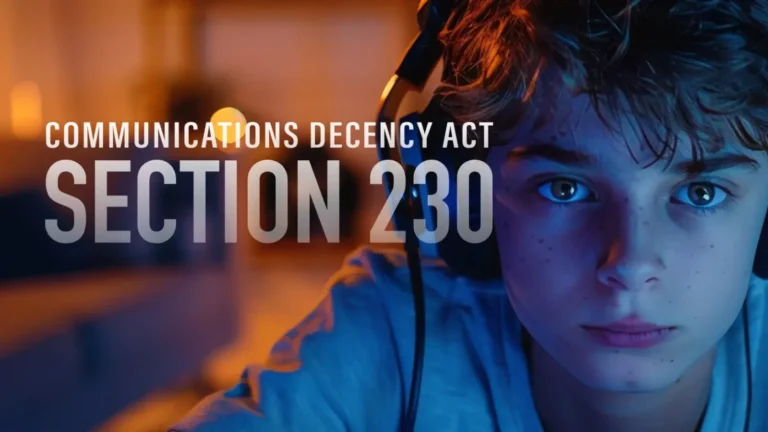Washington, DC – Advertisers like Walt Disney Co. and AT&T are suspending advertising with YouTube over mounting concerns about the platform being used for the eroticization of children and for pedophile networking. Two days after Google claimed to be finally fixing this problem, The National Center on Sexual Exploitation’s Haley Halverson researched claims of pedophile rings, child erotica, and child exploitation on YouTube and found alarming results confirming the original reports and continued use of the platform for exploitive purposes.
A video displaying proof (edited to not endanger children’s identities) is here:
“Within two clicks, I was able to enter into a rabbit hole of videos where children are being eroticized by pedophiles and child abusers,” said Haley Halverson, Vice President of Advocacy and Outreach at the National Center on Sexual Exploitation. “The content became more flagrantly sexualized the more I clicked, as the YouTube recommendation algorithm fed me more and more videos with hundreds of thousands, and sometimes millions, of views.”
“Despite YouTube’s claims to be cleaning up this content, YouTube so far still continues to monetize videos that eroticize young children and that serve as hubs for pedophiles to network and trade information and links to more graphic child pornography. I saw ads for LinkedIn, O’Reilly Autoparts, Google CS First, Promo, and even a YouTube ad survey.”
“Further, YouTube is blocking the comments on many of these videos because the algorithms recognize predatory comments are proliferating, yet they leave the video up to gain hundreds of thousands of additional views, and sometimes even continue to monetize these videos after turning off the comments. Some of these videos also contain flags for potential sex traffickers or child sexual abusers trying to get in contact with the children in the videos via social media, in addition to pedophiles networking amongst themselves to trade more extreme child sexual abuse images—i.e. child pornography. YouTube is putting these children at risk by not removing these videos,” Halverson continued.
“YouTube needs to take a more proactive approach to fight child exploitation and pornography on its platform instead of continuing to use outdated systems relying on user reporting and human reviews. Too often, YouTube waits for the media to die down and then continues business as usual. It’s time for YouTube to wake up and deal with sexual exploitation on its platform in a sustained way,” Halverson concluded.
Google has been placed on NCOSE’s 2019 Dirty Dozen List which names 12 mainstream facilitators of sexual exploitation.



